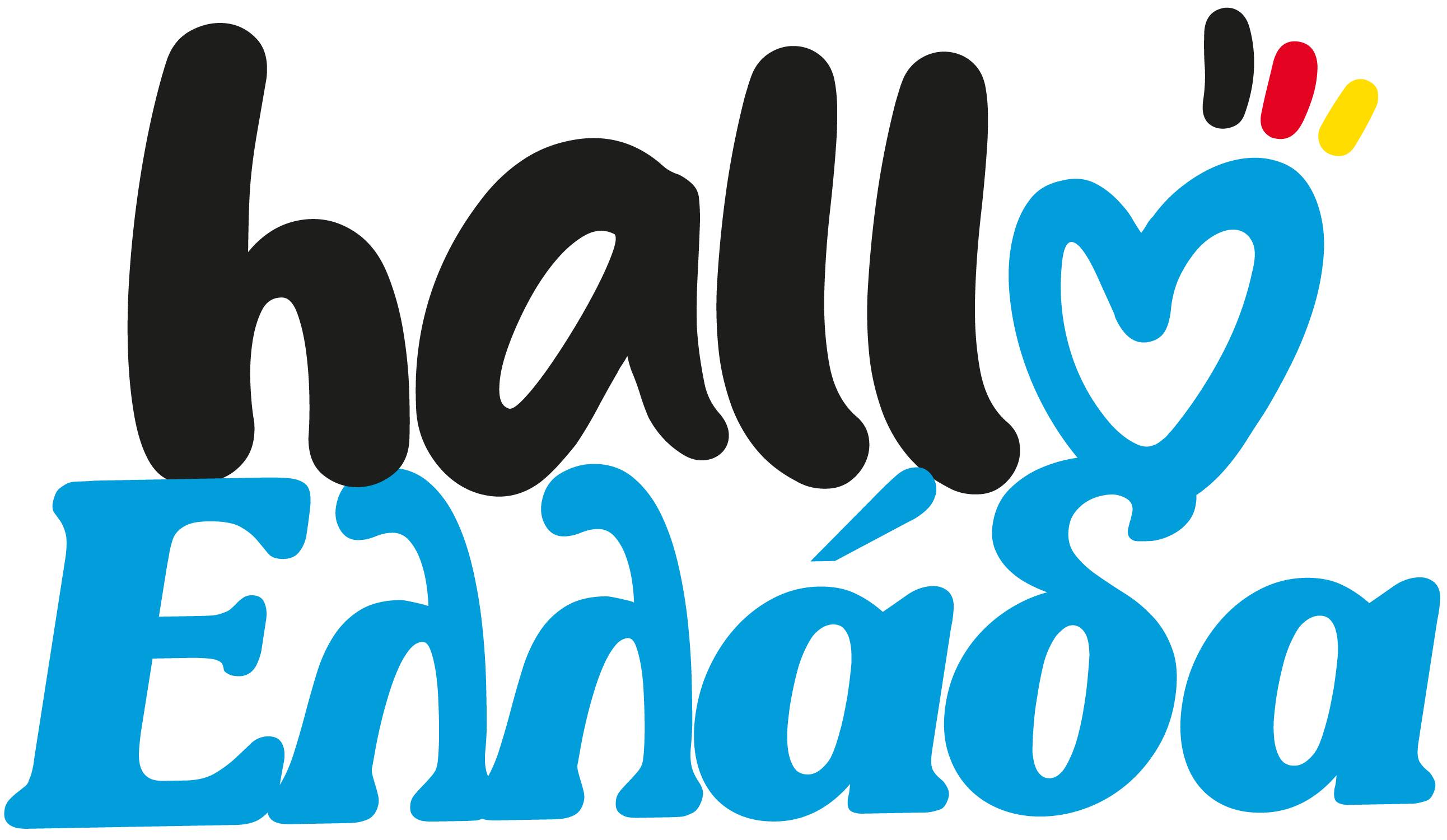Willkommen auf den Seiten des Auswärtigen Amts
1989, the year Europe overcame communism and the Cold War

The Embassies of Poland, Hungary, Bulgaria, the Czech Republic, Slovakia and Romania invited Ambassador Ernst Reichel to give the keynote speech at a Remembrance Event © Stella Biziou
The Embassies of Poland, Hungary, Bulgaria, the Czech Republic, Slovakia and Romania invited Ambassador Ernst Reichel to give the keynote speech at a Remembrance Event dedicated to the 30th Anniversary of the fall of communism in Central and Eastern Europe and the end of the Cold War.
Ladies and gentlemen,
I am deeply honored to have been invited to deliver the welcome message on today’s Remembrance event. I am particularly so because I am, as my countrymen are, acutely aware of the terror and the suffering that Germans have brought over Europe during World War II. That you have nonetheless invited me to speak makes me very grateful.
We are here together because there are many things we share, but among the most fortunate is: the downfall of communism, the liberation from Soviet oppression, the fact that together, we tore down the tragic dividing line that ran through all of Europe.
We remember this in pride. We are proud of great personalities that will remain in historic memory, such as Alexander Dubcek, Lech Walesa and Vaclav Havel. We are proud of the peaceful independence movements in the Baltic countries, something I had the privilege to experience first-hand. And of many more.
On November 9, Germany celebrated the 30th anniversary of the fall of the Berlin Wall, a night every German of sufficient age remembers vividly. Maybe this is the most iconic of the historic events of that period – but not the only and not the first. This extraordinary moment was part of the revolutions of 1989 and part of a revolutionary wave in the late 1980s and early 1990s. The common trait of 1989’s revolutionary wave was: extensive civil resistance, popular opposition to the continuation of one-party rule. For true democracy and human rights.
The peaceful revolution in the GDR followed remarkable examples of courage: In Poland Solidarność achieved its first democratic successes. In Czechoslovakia, the Charter 77 encouraged. In the three Baltic States, history's longest human chain stood up for independence. And Hungary punched a hole into the Iron Curtain. We owe our freedom to the Gdansk shipyard workers, the singing revolutionaries in the Baltic countries, the Hungarians who were the first to cut through the Iron Curtain, the pioneers of the Charta 77 in Prague, those who took part in the Candle Demonstrations in Bratislava, the revolutionaries of Timisoara – all the women and men whose desire for freedom swept away walls and barbed wire.
In Germany, too many people became victims of the Socialist dictatorship. As it was the case throughout Eastern Europe. We remember the people who were killed at the Berlin Wall because they were seeking freedom. We also recall the 75,000 people who were imprisoned for trying to flee from the GDR. We remember the people who suffered repressions only because their relatives had fled. We remember the people who were monitored and denounced. We remember the people who were oppressed and had to bury their dreams and hopes because they did not want to bow to the tyranny of a caste that claimed to represent the true will of the people.
But let us also look beyond the region we represent at this celebration. The peoples of the former Soviet Union suffered, and they probably suffered even more: Stalinist purges, the intentional starvation of millions during the Holodomor, the expulsion of entire populations, an all-encompassing regime of terror. These are historical facts, and we must unambiguously resist any attempts to distort history and justify this dark period. As we must remain aware that the ordinary citizens of what now is Russia suffered along with all their neighbors.
And I would suggest looking beyond Central and Eastern Europe also in the opposite direction: The collapse of communism was only possible because there was resistance and determination in the United States and Canada, as well as in Western Europe. Because there existed beacons of hope in the shape of the EU and of NATO. And because, in the case of German reunification, our friends and allies were able to overcome initial misgivings and decisively support the historical tide of freedom. In particular, it was the staunch backing of the United States that was crucial for the success of my country’s unification.
Today, I believe, we have some reason to remind ourselves of the spirit of 1989. To remind ourselves of the fundamental worth of solidarity as just described, which means to not always put the narrow interests of one’s own country first. Which also means that we Europeans in the EU must stand together in mutual loyalty and in defense of our best interests. As we must stand together in NATO.
We have reason also to remind ourselves also of the values and ideals that the heroes of the generation of 1989 risked their lives for.
Values such as individual freedom, human rights, tolerance, rule of law, the accountability of power, and the separation of powers. Of the human dignity of every person, which also implies the rejection of tribal thinking, of opposing „us“ to „them“.
Dear friends, there is an expression under the name of „the Chinese curse“, which says: „May you live in interesting times.“ I am not quite sure why this is characterized as a curse – at least for those in 1989, times were certainly „interesting“, though ultimately in a tremendously positive way.
Today, times are also very interesting. Whether they will be interesting in a positive or in a negative way will depend on many, but also a lot on ourselves.
Thank you very much for your attention – and again for the invitation to speak today.
